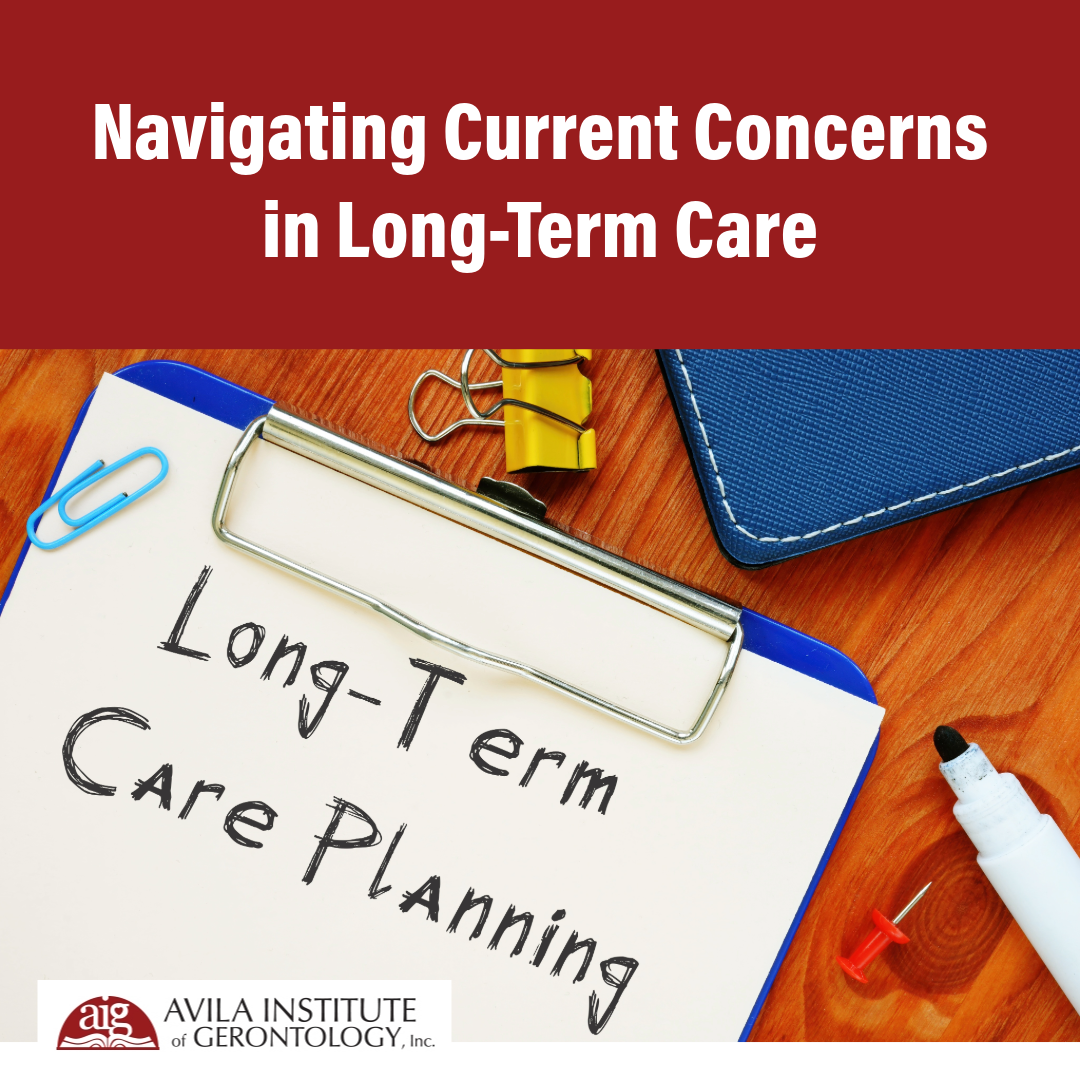
Long-term care, the cornerstone of support for many elderly and vulnerable individuals, is facing a myriad of challenges in today's complex healthcare landscape. From quality of care to staffing shortages, regulatory compliance to the ongoing impact of the COVID-19 pandemic, the sector is navigating a multitude of concerns that require urgent attention and collaborative efforts.
Let's delve into these pressing issues shaping the future of long-term care.
- Quality of Care: Ensuring residents receive top-notch care and services is non-negotiable. Staffing levels, ongoing training, and adherence to healthcare best practices are central to upholding quality standards.
- Staffing Shortages: A critical issue plaguing long-term care facilities is the struggle to recruit and retain skilled staff. Nurses, nursing assistants, and caregivers are in high demand, and shortages can compromise the quality of care provided.
- Regulatory Compliance: Meeting regulatory requirements is paramount for ensuring resident safety and well-being. Navigating a complex web of healthcare, safety, and administrative regulations is a constant challenge for facilities.
- COVID-19 Pandemic: The pandemic has cast a glaring spotlight on long-term care, exposing vulnerabilities in infection control, access to personal protective equipment, vaccination rates, and the mental health of isolated residents.
- Financial Sustainability: Balancing the books while delivering quality care is a perpetual juggling act. Rising healthcare costs, reimbursement rates, and the need for infrastructure investments underscore the financial pressures faced by long-term care facilities.
- Elder Abuse and Neglect: Protecting residents from mistreatment is a moral imperative. Robust policies and procedures must be in place to prevent and address instances of abuse, neglect, and exploitation.
- Technology Integration: Embracing technology offers promising solutions to enhance care delivery and efficiency. However, concerns about data privacy, accessibility, and bridging the digital divide among residents loom large.
- Person-Centered Care: Recognizing the individuality and dignity of residents is pivotal. Person-centered care approaches prioritize autonomy and preferences, necessitating tailored care plans for each resident.
Addressing these multifaceted concerns demands a concerted effort from policymakers, healthcare providers, facility administrators, staff, residents, and families alike. Collaborative initiatives focusing on workforce development, regulatory reform, technological innovation, and person-centered care models are essential to safeguarding the well-being and quality of life of individuals in long-term care settings.
In navigating the complex landscape of long-term care, partnerships with organizations like AIG can offer invaluable support and resources. AIG's expertise in education and training can address a myriad of concerns faced by long-term care facilities.
By providing comprehensive educational programs, AIG can equip staff with the knowledge and skills needed to deliver high-quality care and adhere to regulatory standards. Training sessions tailored to person-centered care approaches can empower staff to meet the diverse needs of residents.
Moreover, AIG's advisory services can offer personalized guidance on staffing strategies, and technology integration. Drawing on AIG's wealth of experience and ministry insights, long-term care facilities can navigate challenges more effectively and enhance their overall operations.
In essence, AIG's commitment to excellence in education and training aligns seamlessly with the goals of long-term care facilities striving to provide exceptional care and support to their residents.
Follow Us for Tips and Information
Be sure to follow us on Facebook and Instagram for the latest tips and information on dementia for families, long-term care healthcare professionals, and religious communities.
